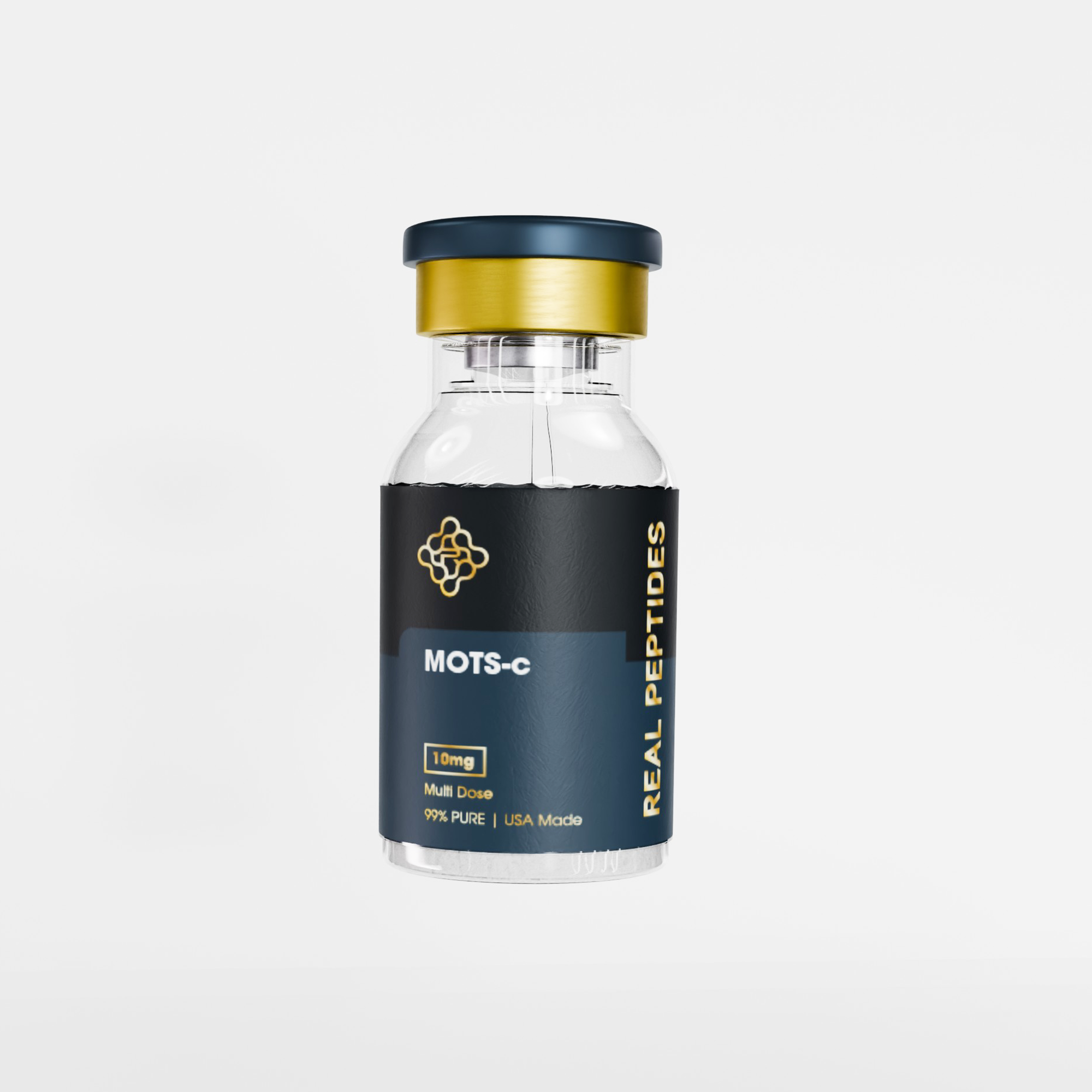
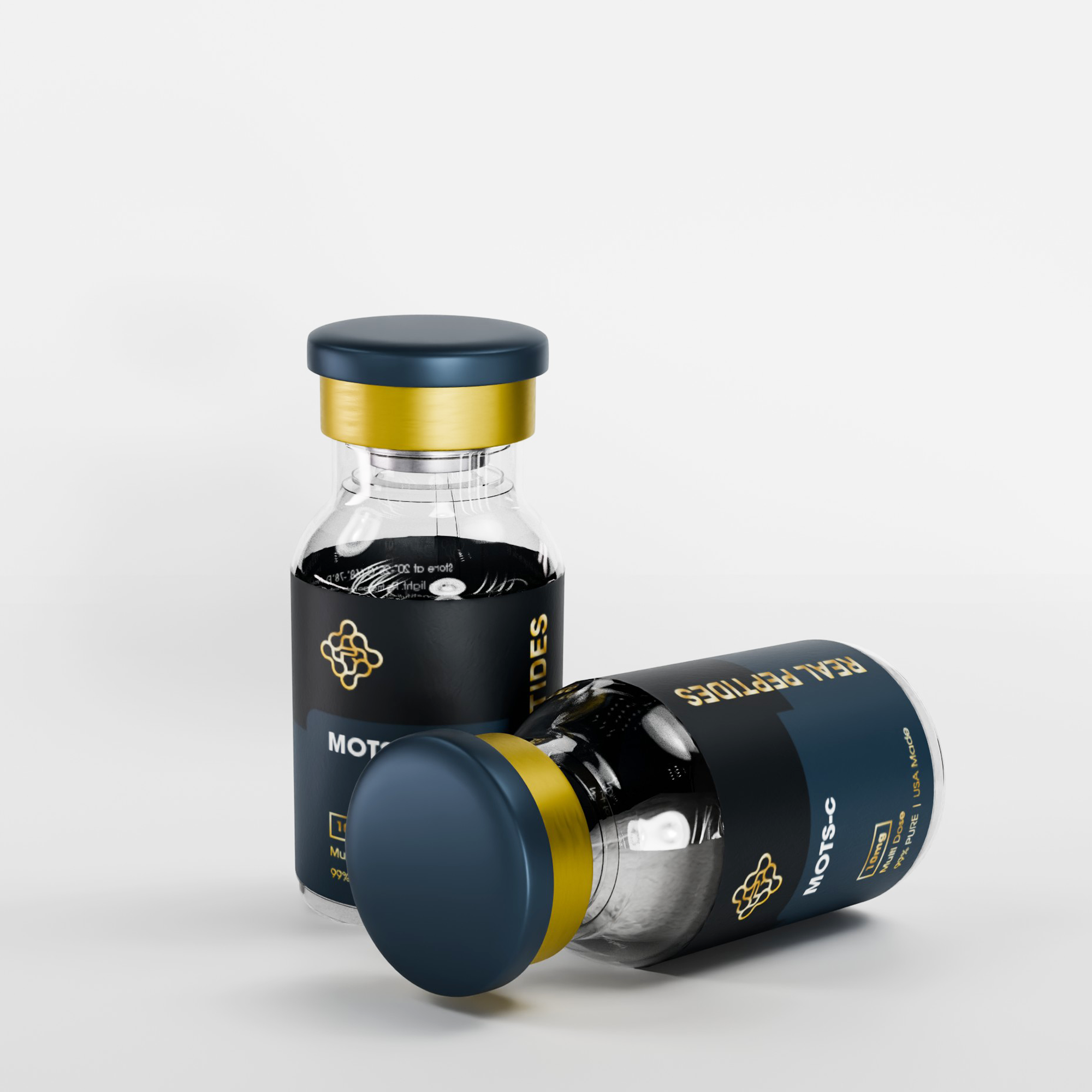
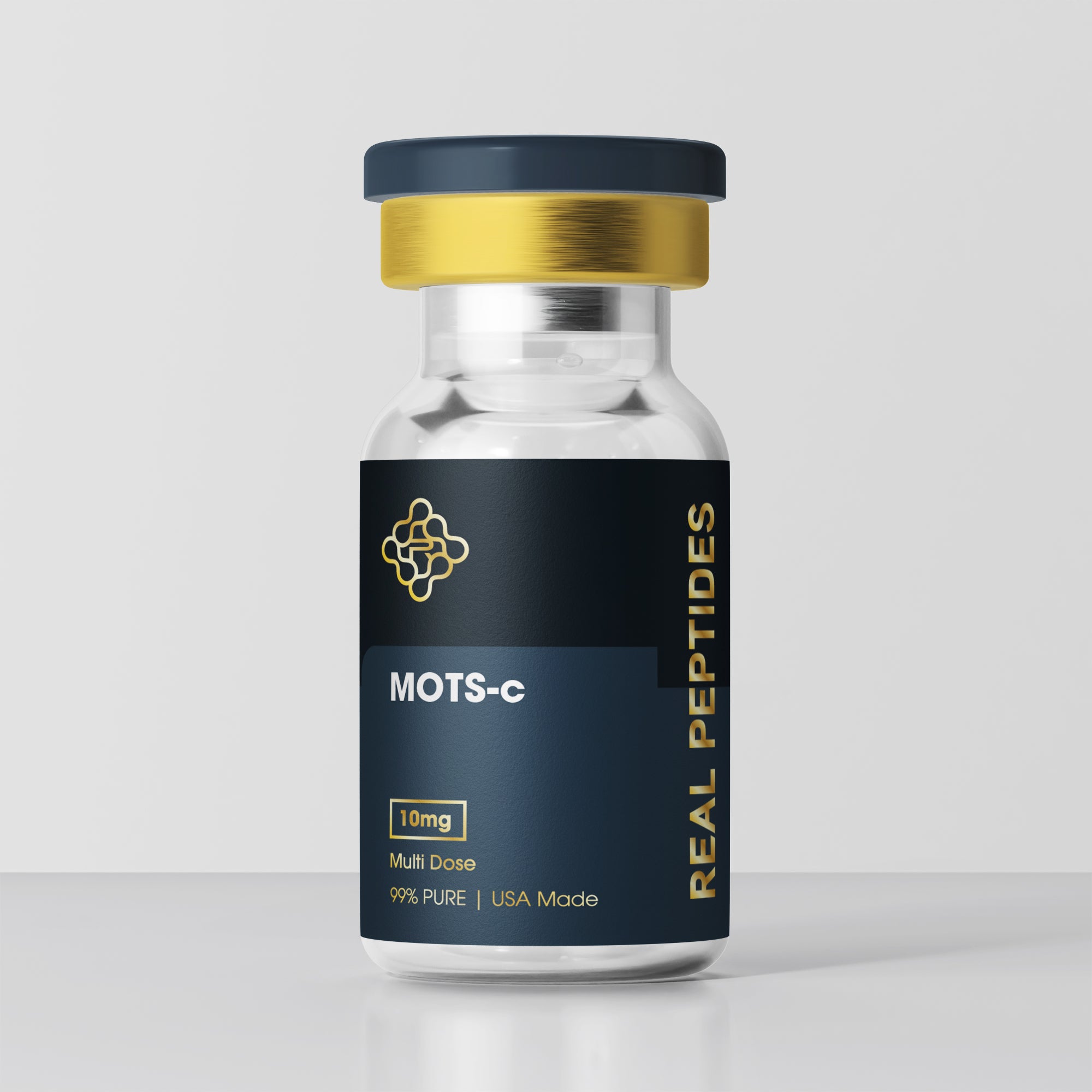
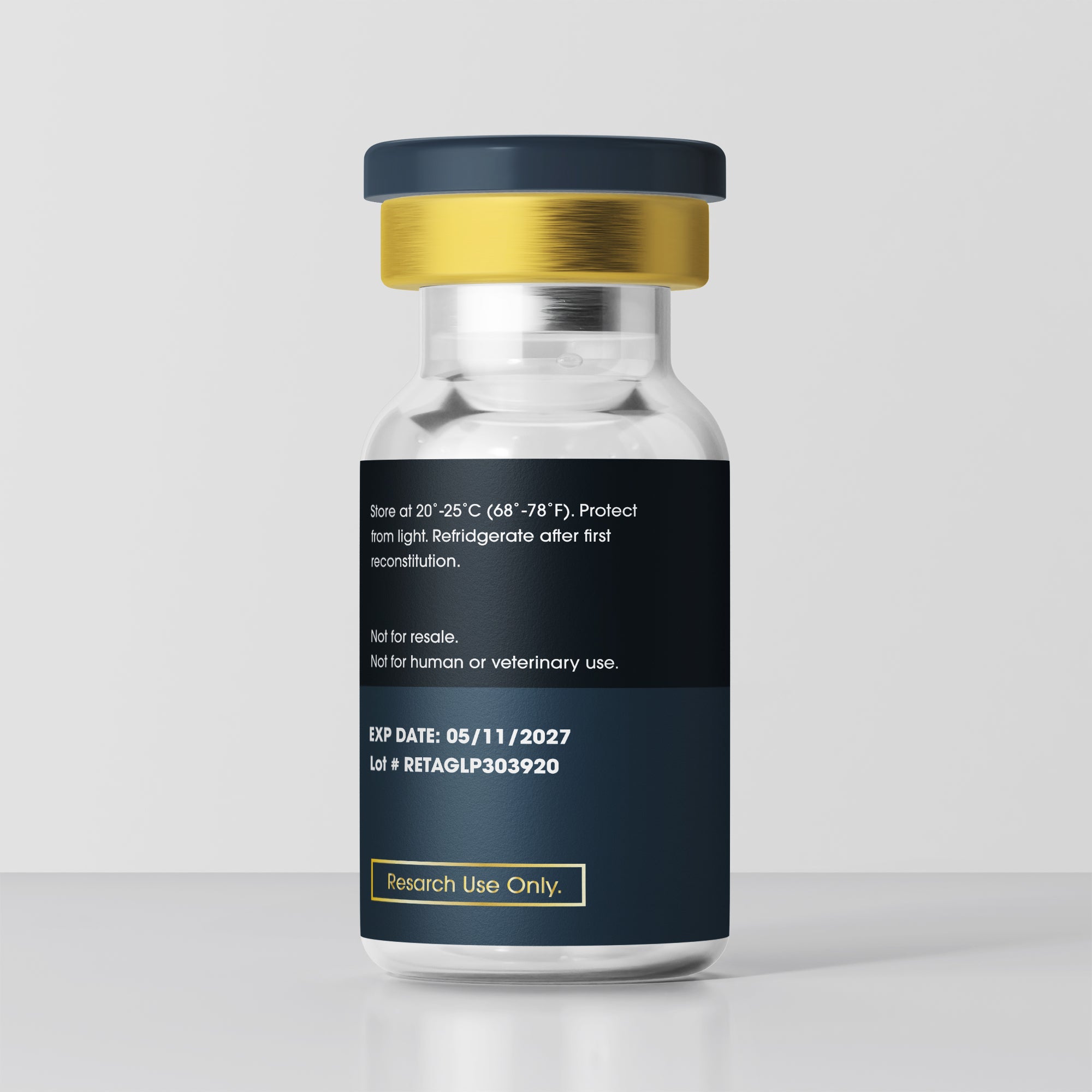

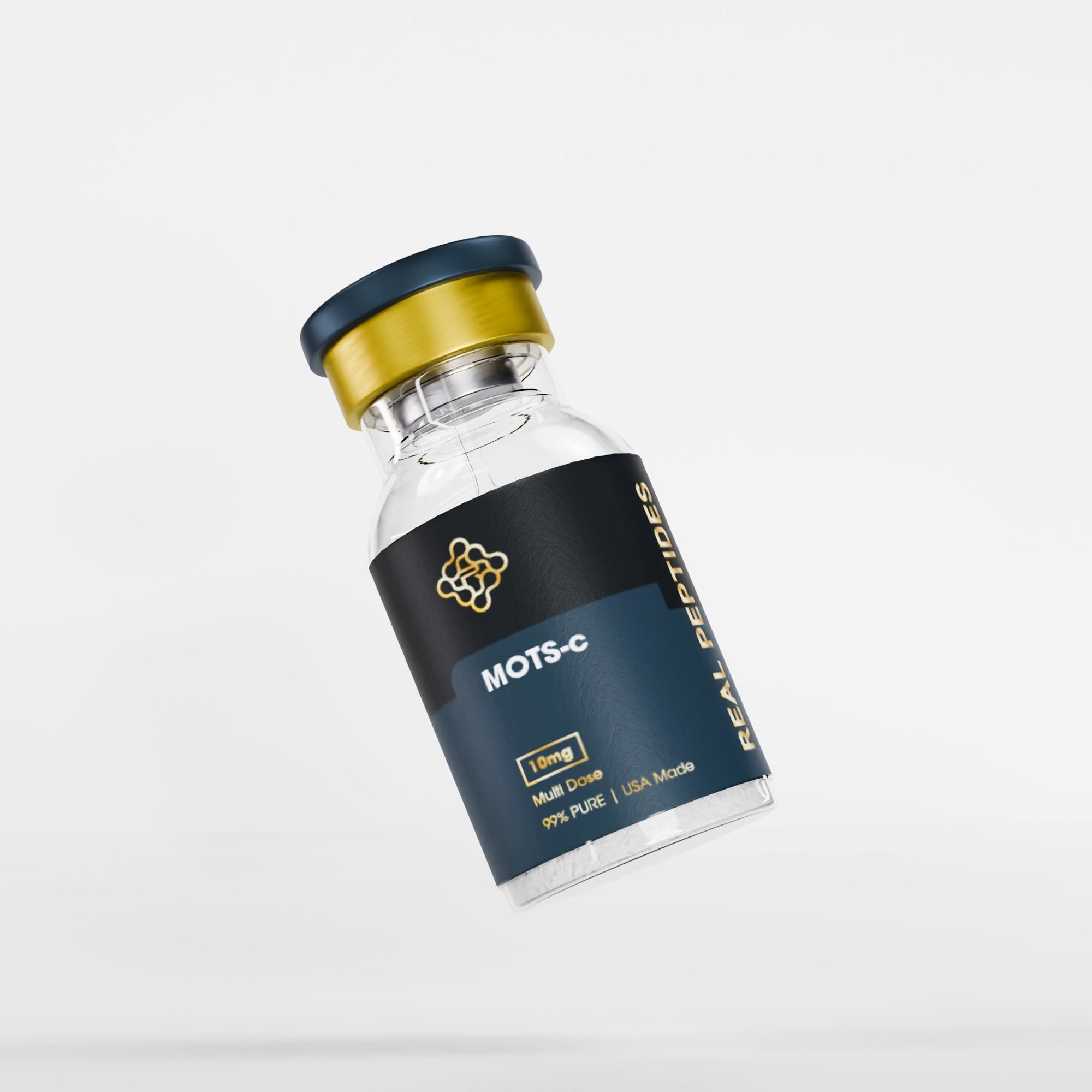
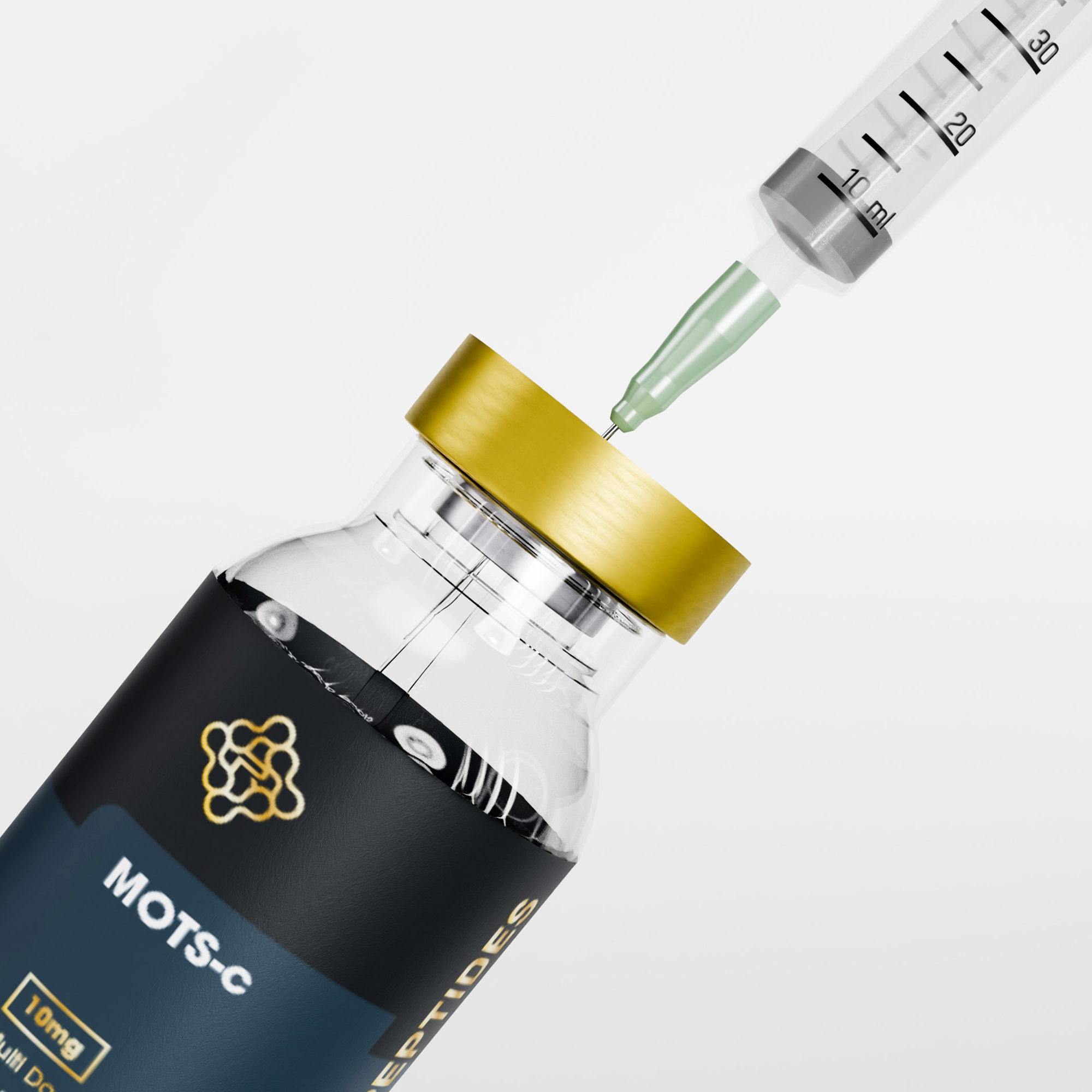
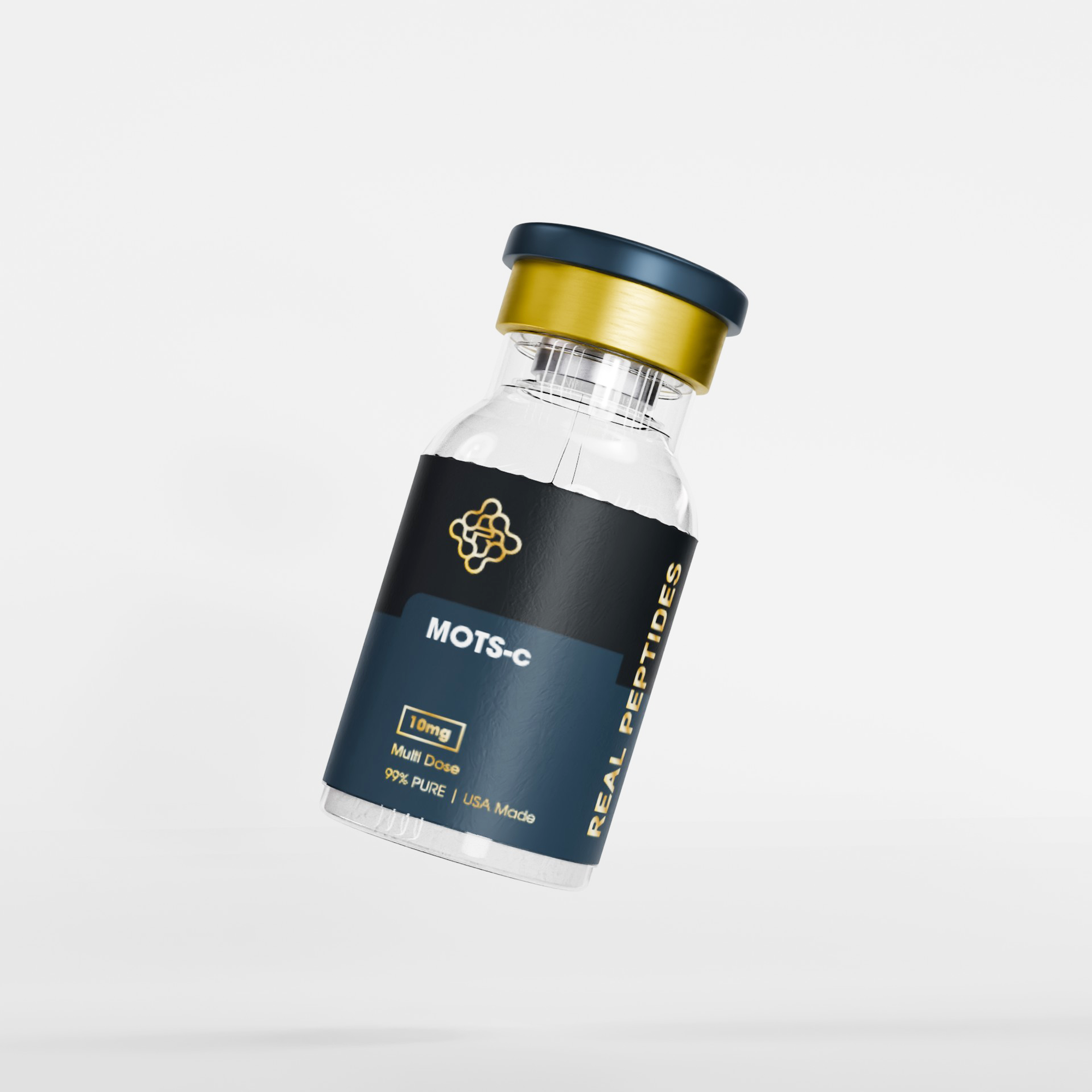
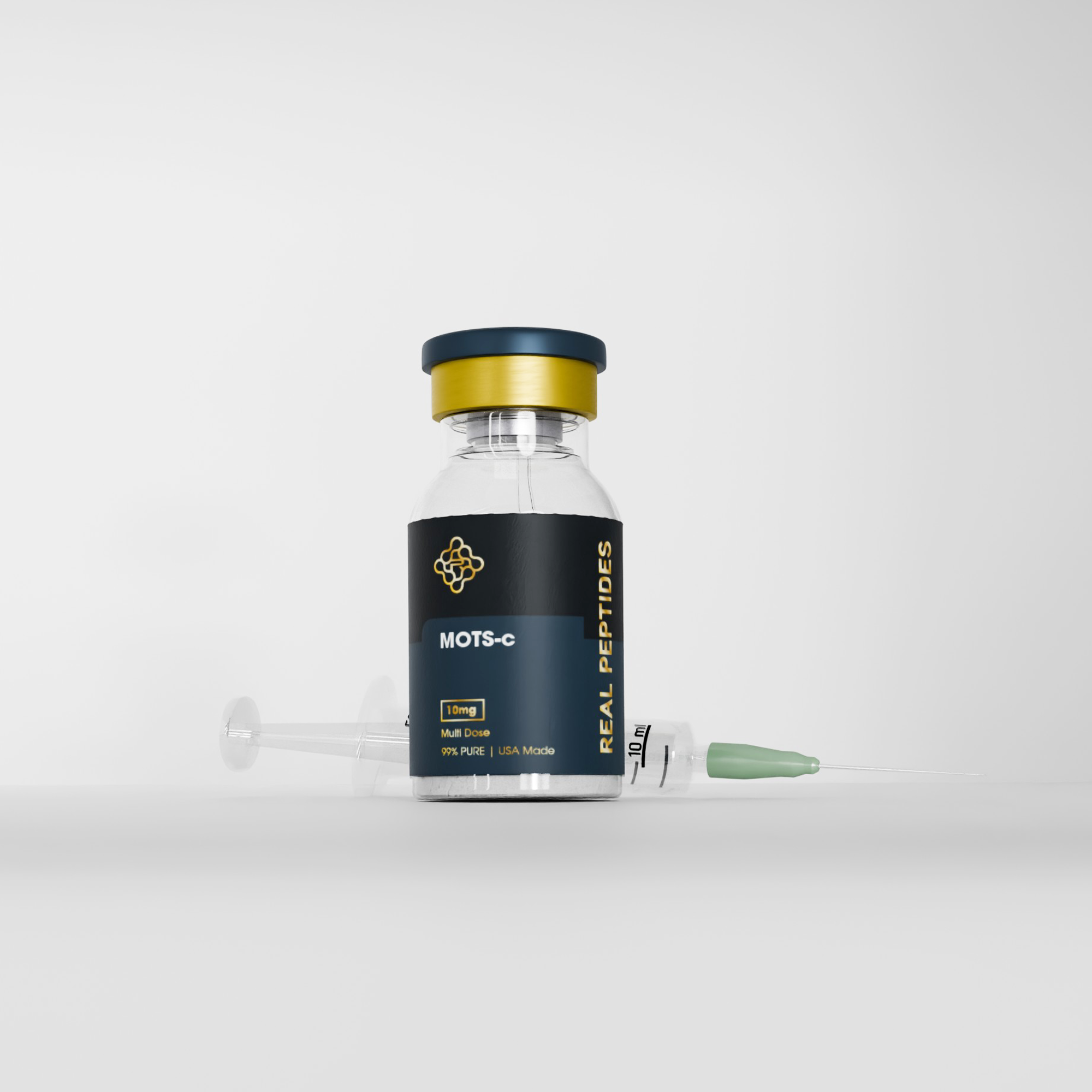
In Stock, Ready to Ship!
$85.00
99% Pure | USA Made | Multi DoseMOTS-c peptide is a 16–amino-acid mitochondrial-derived signaling peptide used in preclinical models to probe energy-metabolism, insulin sensitivity, and cellular stress responses. In cell culture and rodent assays, MOTS-c enhances glucose uptake, modulates AMPK pathways, and supports resilience under metabolic stress. Each 10 mg vial is USA-manufactured, HPLC-verified to ≥ 99% purity, endotoxin-screened (< 0.1 EU/mg), and formulated for laboratory research.
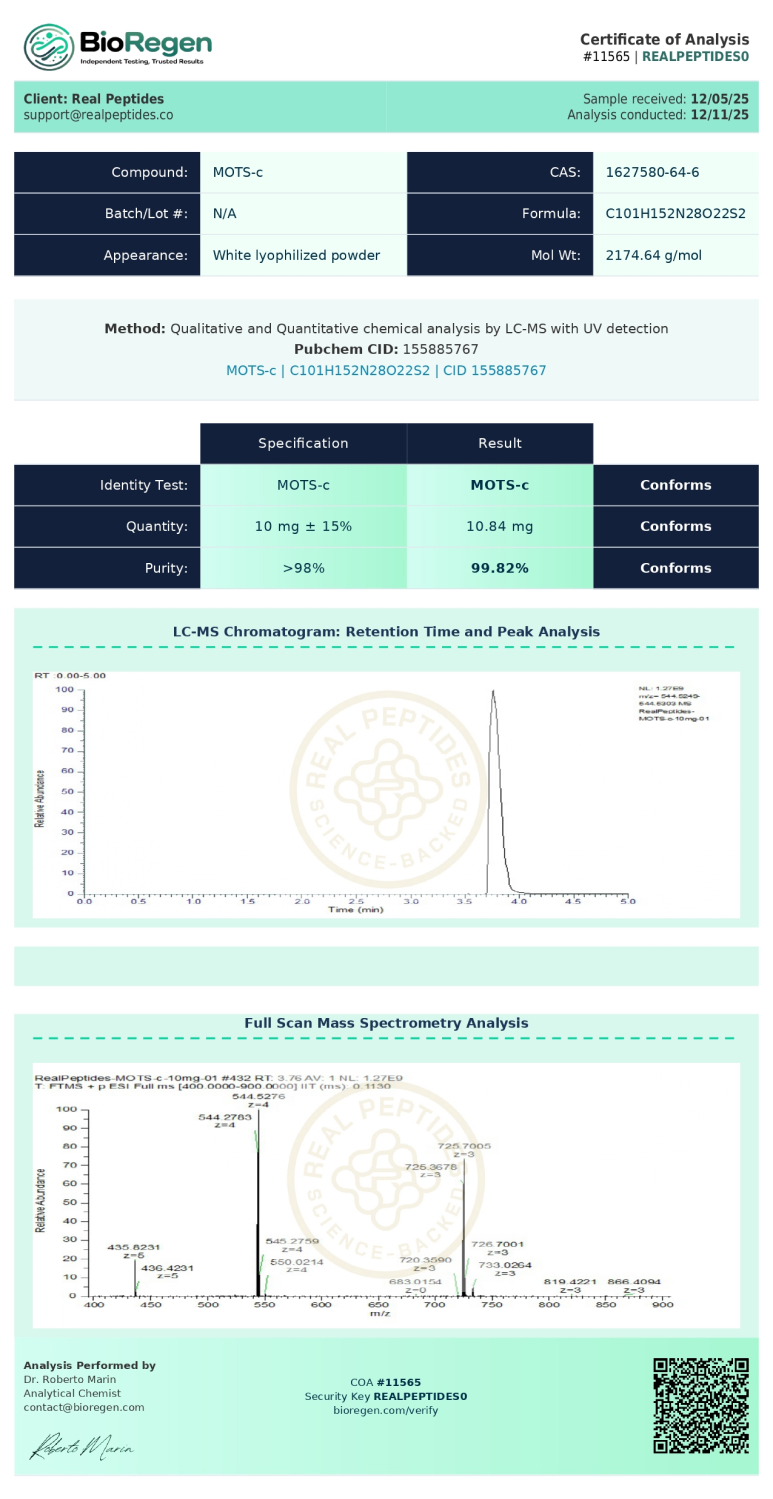
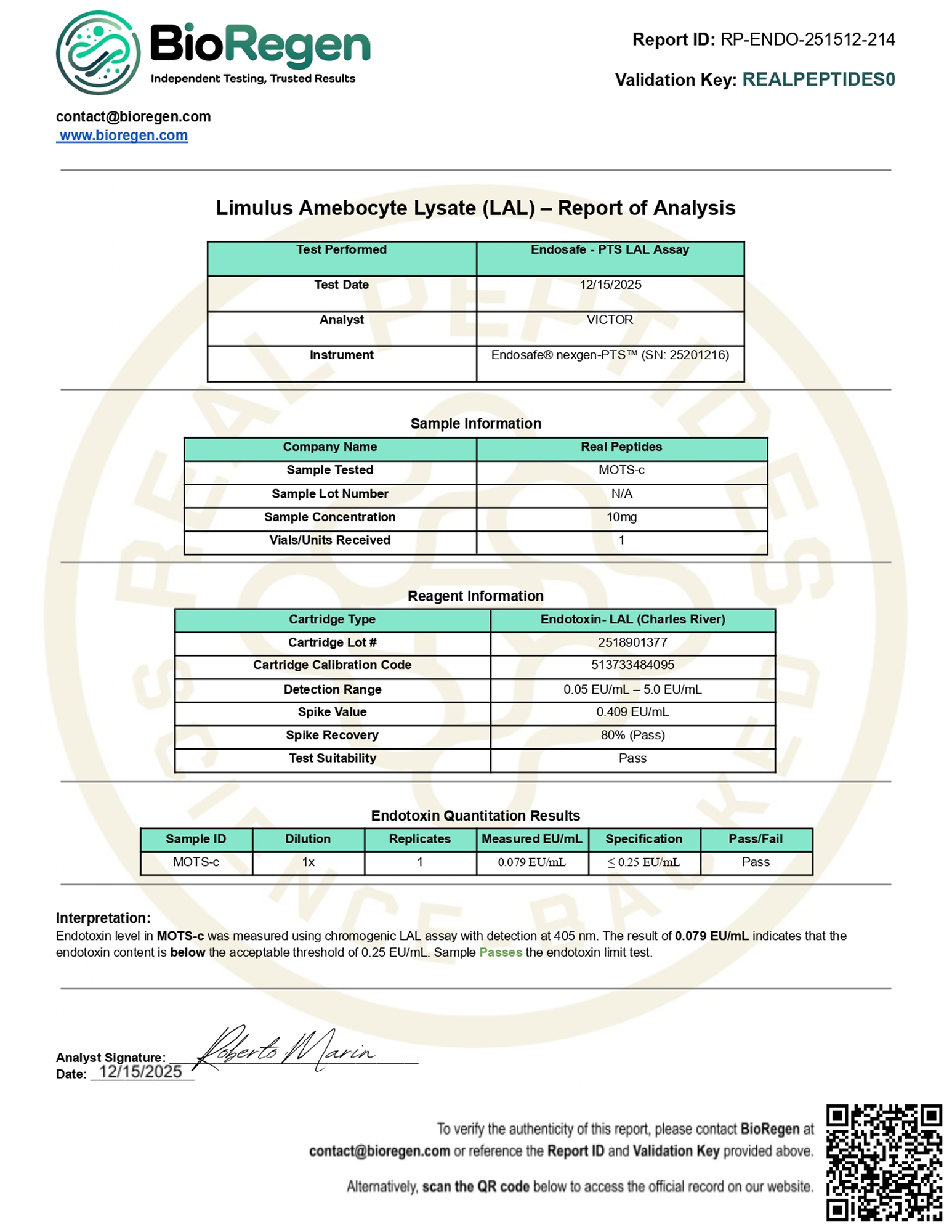
Peptides are not ready to use. Must purchase BAC water for reconstitution.
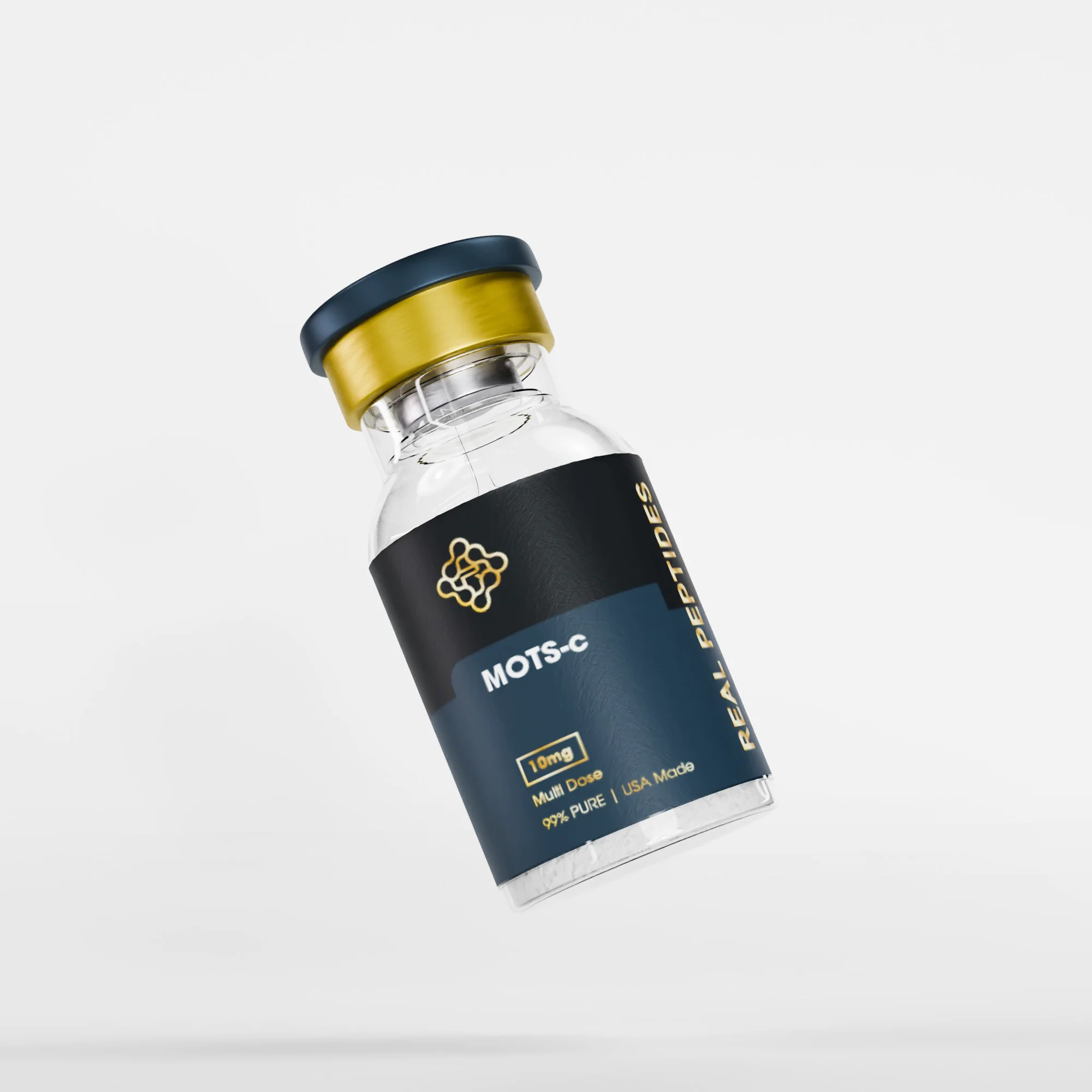
MOTS-c (Mitochondrial Open-Reading-Frame of the 12S rRNA-Type c) is a 16–amino-acid peptide encoded within the mitochondrial genome. It acts as a mitochondrial hormone, signaling through AMPK and other metabolic pathways to regulate glucose and lipid homeostasis. In research settings, MOTS-c is applied to cell-culture, organotypic, and in vivo models to explore its role in metabolic health, insulin sensitivity, and cellular stress responses—all without engaging systemic hormone axes.
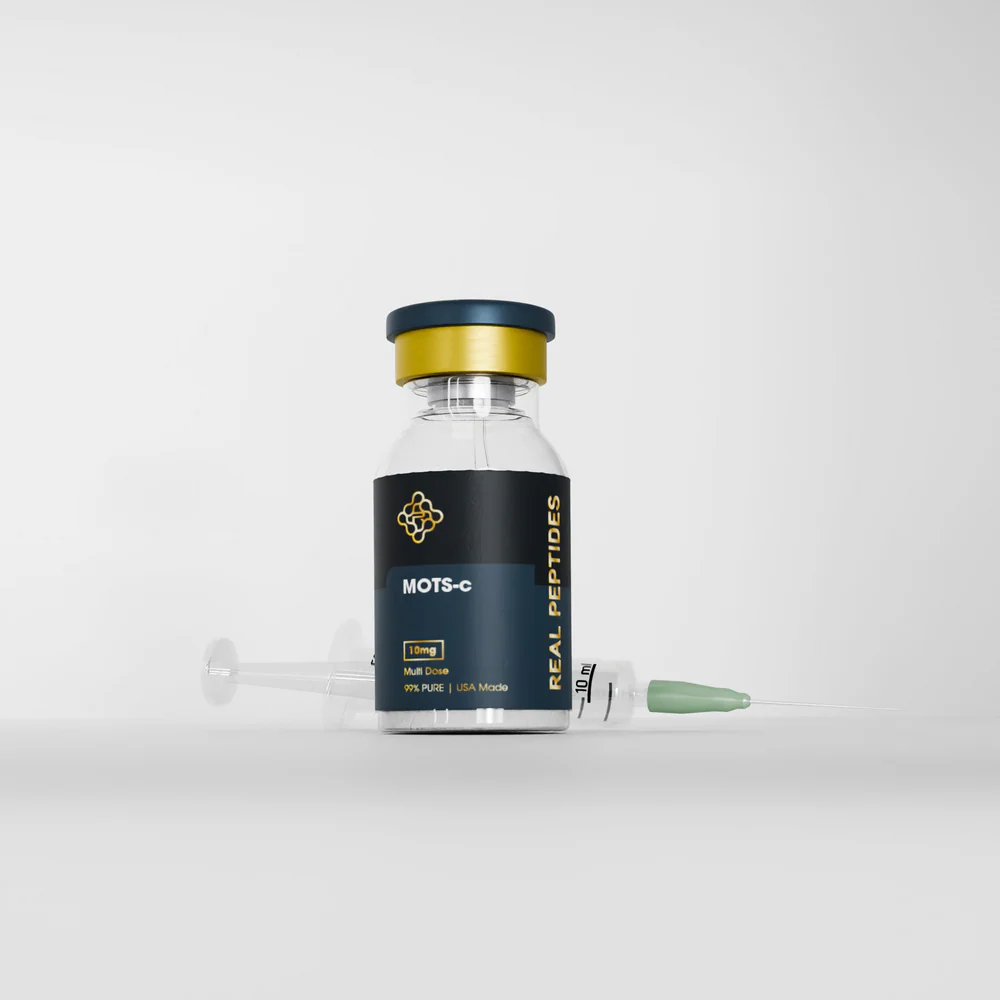
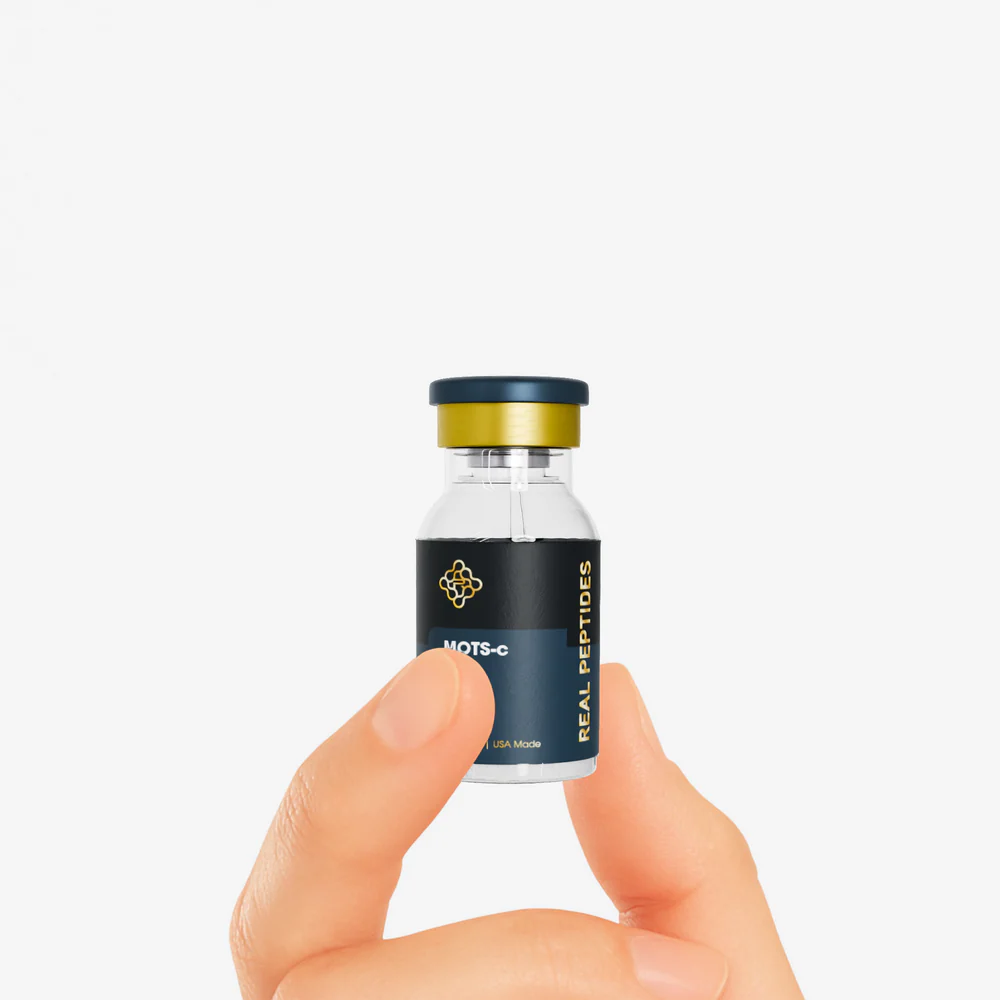
Researchers choose MOTS-c when they need a precise tool for studying mitochondrial-to-nuclear signaling, energy metabolism, and aging-related pathways. Its ability to trigger AMPK activation and downstream gene programs (PGC-1α, Nrf2) makes it ideal for experiments on metabolic syndrome, type-2 diabetes models, and longevity assays. Manufactured in ISO-certified facilities and verified ≥ 99% pure by HPLC—with endotoxin < 0.1 EU/mg—MOTS-c peptide delivers reproducible, high-fidelity data for cutting-edge metabolic research.
Unlike generic metabolic modulators, MOTS-c is unique as a mitochondrial-derived peptide that directly communicates cellular energy status to nuclear gene programs. Its dual action—enhancing glucose uptake and promoting antioxidant defenses—offers a multi-pathway approach to studying metabolic resilience and aging. With demonstrated stability both lyophilized and in solution, MOTS-c peptide stands out as a next-generation research reagent for dissecting the interplay between mitochondrial health and systemic metabolism.
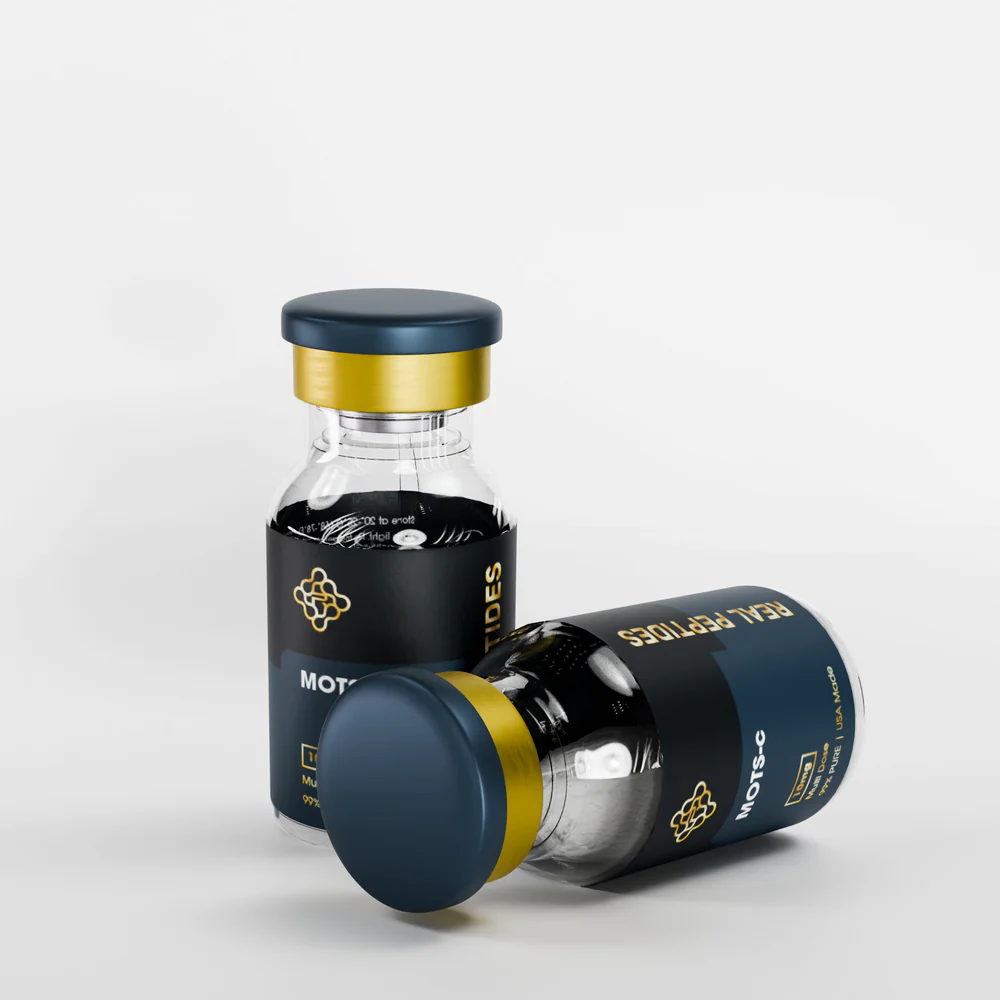
Don't hestitate to contact us

End of Content.